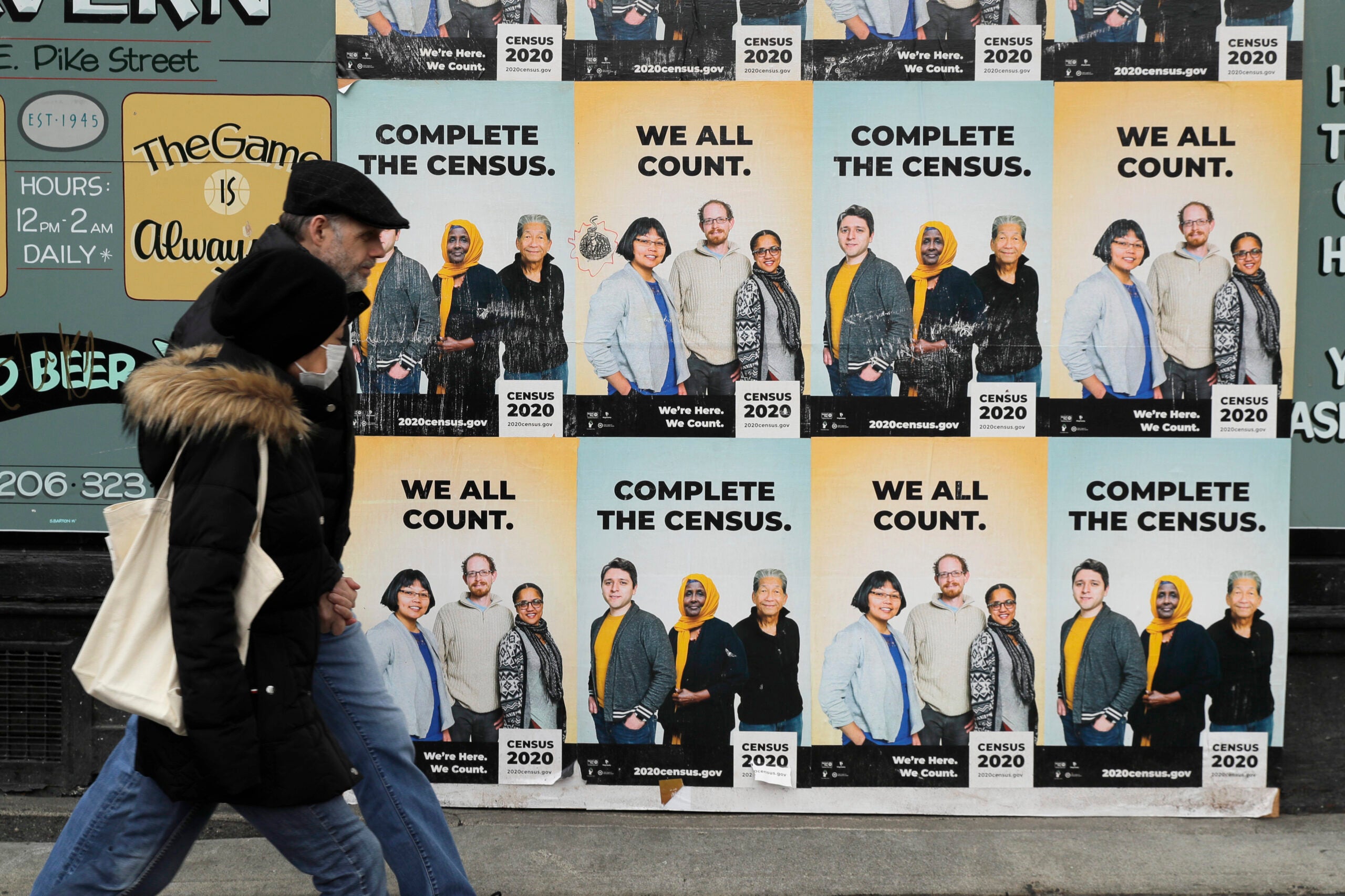Wisconsin’s population is holding steady, with modest gains attributed to immigration and people moving from other states.
According to data released last month by the U.S. Census Bureau, the state saw an estimated gain of 20,412 people between July 2022 and July 2023.
Wisconsin’s population is now estimated to be nearly 5.9 million people — a jump of about 1 percent since the last census was taken in April 2020.
News with a little more humanity
WPR’s “Wisconsin Today” newsletter keeps you connected to the state you love without feeling overwhelmed. No paywall. No agenda. No corporate filter.
So far this decade, the state has experienced about a quarter of the population growth it saw between 2010 and 2020. But the COVID-19 pandemic led to a spike in deaths that altered the state’s trajectory, said David Egan-Robertson, demographer at the University of Wisconsin-Madison’s Applied Population Laboratory.
“It actually may be a case that population will grow a little bit faster because there will be fewer deaths going forward in the state,” Egan-Robertson said.
During the period covered by the most recent estimates, there were 1,147 more births than deaths. That’s a change from recent years when there were more deaths than births.
Still, most of the state’s population growth has come from immigration, or from domestic migration. An estimated 13,653 people came to Wisconsin from other countries. Another 5,648 moved from another state.
“We’re not Texas, we’re not Florida or any of the other southern states that might be growing quite a bit,” Egan-Robertson said. “(Wisconsin’s) growth is pretty moderate and it’s in the positive direction.”
Mark Sommerhauser is the communications director and policy researcher for the Wisconsin Policy Forum. He said Wisconsin’s estimated growth was smaller than what most states saw in the same time period, but it’s still a positive sign.
“Given the sort of trajectory of population growth that we have seen in the last decade or two, that’s actually a decent annual number,” Sommerhauser said. “It’s higher than most of the years that I’ve looked at since 2010.”
John Johnson agreed. A research fellow at the Marquette University Law School’s Lubar Center for Public Policy Research and Civic Education, Johnson said any net gain from other states is an encouraging sign.
“Whether or not more people are moving to our state or leaving our state is a sign of how satisfied people are with the quality of life that we’re providing. So I think that is an important indicator. And we do see positive net migration to Wisconsin overall,” Johnson said.
Other states are faring worse, Johnson said.
“Milwaukee is predicted to have the same number of congressional districts at the end of this decade as they did at the beginning,” he said, after having lost a seat after the 2000 census. That’s in contrast to cities such as San Francisco, which is on track to lose representation.
Wisconsin Public Radio, © Copyright 2025, Board of Regents of the University of Wisconsin System and Wisconsin Educational Communications Board.






